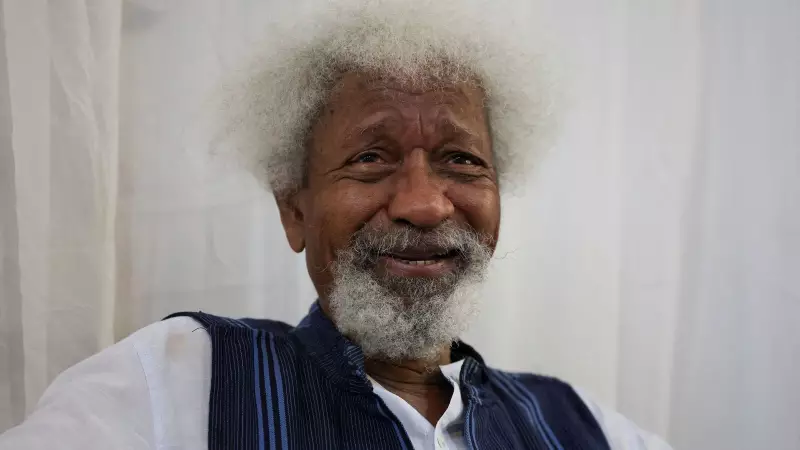
In a startling development that has sparked international debate, renowned Nigerian writer and Nobel laureate Wole Soyinka has claimed that United States authorities revoked his visa following his controversial characterization of former President Donald Trump as the "white version of Idi Amin."
The Controversial Comparison That Sparked the Crisis
The 89-year-old literary icon, who became the first African Nobel Literature Prize winner in 1986, made the inflammatory comparison during a public discussion about global politics. Soyinka referenced Uganda's brutal dictator Idi Amin while criticizing Trump's leadership style and political rhetoric.
"I have been informed that my visa has been cancelled," Soyinka revealed during an interview. "The timing strongly suggests this is connected to my recent comments about the former US president."
Historical Context: Understanding the Idi Amin Reference
Idi Amin, who ruled Uganda from 1971 to 1979, was notorious for his brutal regime characterized by widespread human rights abuses, political repression, and the deaths of an estimated 300,000 people. The comparison to any Western leader, particularly an American president, represents one of the most severe criticisms in political discourse.
Soyinka, known for his lifelong commitment to human rights and political activism, has never shied away from controversial statements. His career has been marked by both literary excellence and political courage, including imprisonment during Nigeria's civil war in the late 1960s.
International Reaction and Academic Backlash
The alleged visa revocation has generated significant concern within academic and literary circles worldwide. Many scholars and free speech advocates view the action as potentially punitive response to protected political speech.
"When a Nobel laureate faces travel restrictions for political commentary, it raises alarming questions about academic freedom and diplomatic relations," noted Dr. Ananya Sharma, professor of African Studies at Delhi University.
Broader Implications for US-Nigeria Relations
This incident occurs against the backdrop of increasingly complex US-Africa relations. As Western nations compete for influence across the continent, actions perceived as limiting free expression could have diplomatic consequences.
The US State Department typically does not comment on individual visa cases, citing privacy regulations. However, the situation has undoubtedly drawn attention to the intersection of immigration policy and freedom of speech.
What This Means for International Scholars
The Soyinka case highlights the precarious position of global intellectuals who engage in political criticism. Many are now questioning whether similar actions could be taken against other prominent figures who express controversial views about foreign leaders.
As the story continues to develop, the international community watches closely to see how both Nigerian and American authorities will address this sensitive situation involving one of Africa's most celebrated literary figures.





